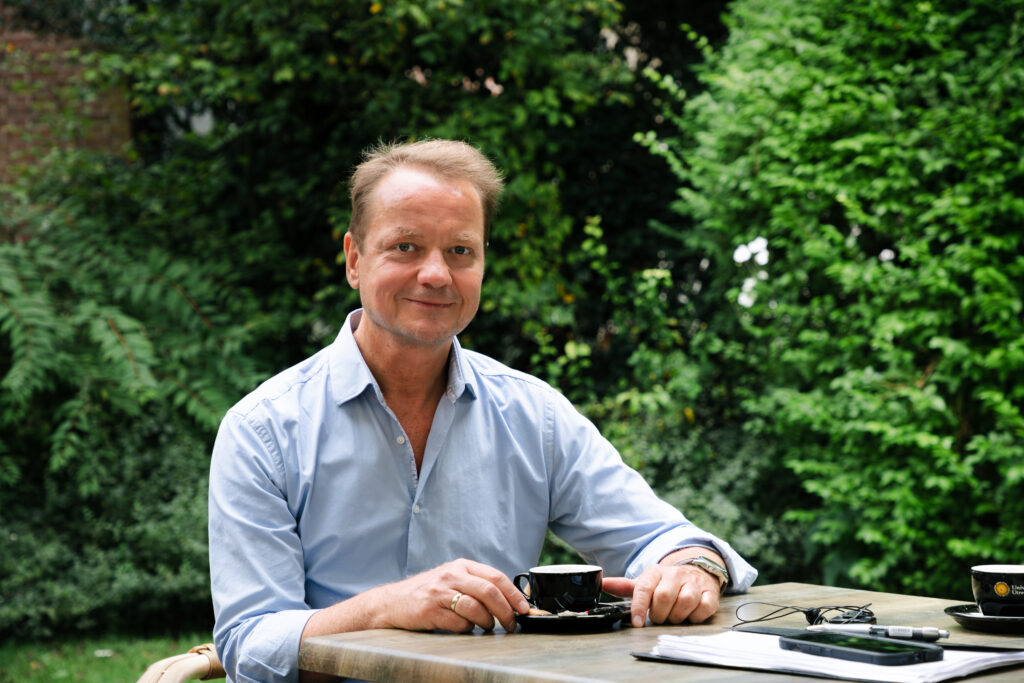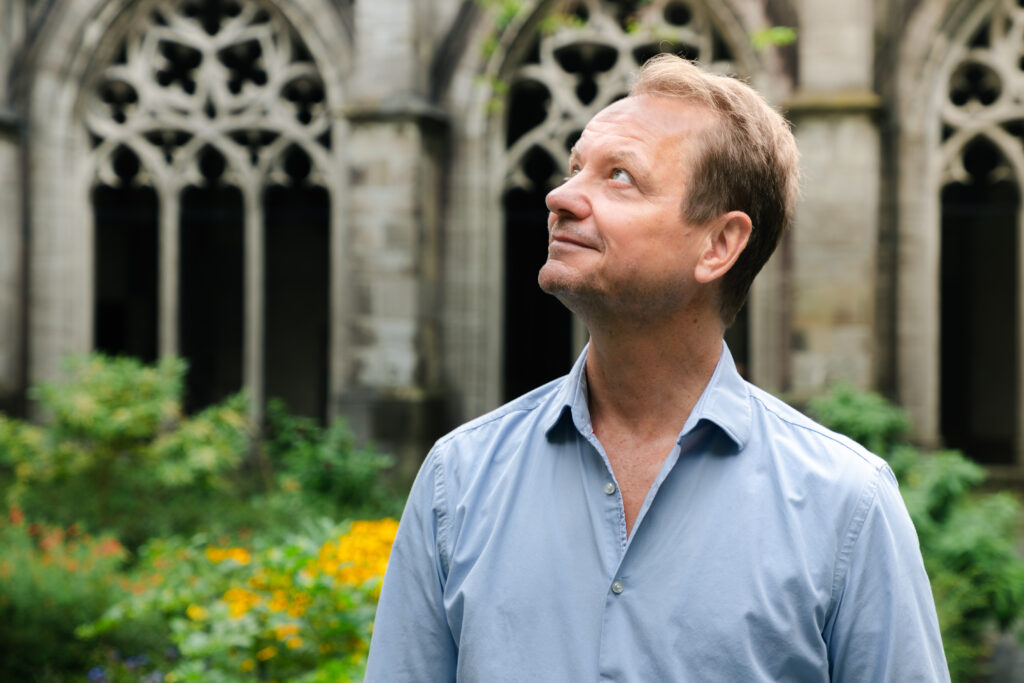“Solar engineering is a dangerous idea”
Governments and organizations meet year-round to make crucial decisions to solve global environmental problems. Why, then, is progress so slow? This is the research area of Frank Biermann, a political scientist who proposes a reformed United Nations and new institutions to reach sustainability goals. He is awarded the Volvo Environment Prize 2024 for his research on environmental governance.
 Frank Biermann is a Research Professor in Global Sustainability Governance with the Copernicus Institute of Sustainable Development at Utrecht University, The Netherlands. He is the first political scientist to receive the Volvo Environment Prize.
Frank Biermann is a Research Professor in Global Sustainability Governance with the Copernicus Institute of Sustainable Development at Utrecht University, The Netherlands. He is the first political scientist to receive the Volvo Environment Prize.
In 2015, the United Nations adopted the Sustainable Development Goals, which 193 nations agreed to implement. So, what happened?
According to Frank Biermann, a research professor of Global Sustainability Governance at the Copernicus Institute of Sustainable Development at Utrecht University in the Netherlands, there is little.
“We analyzed 3,000 scientific studies on the political effects of the Sustainable Development Goals,” says Biermann. “We found that, so far, they´ve had no transformative impacts on our societies or the political system, not at the local, national, or global levels. This was a very disappointing finding indeed.”
So, are the big global meetings—on climate change, biodiversity, equity, and poverty alleviation—meaningless?
“No”, says Biermann. “These international conventions and conferences are important, but they’re not changing the world from one day to another. They initiate reform, which governments later implement. It takes time.”
However, the Earth System is under immense pressure, so time is running out. He believes reforming the United Nations and other global institutions is necessary for a sustainable transition. Frank Biermann founded the Earth System Governance Project, a transdisciplinary research network of sustainability scholars that develop better governance solutions.
 Solar geoengineering is a strategy that involves reflecting sunlight away from Earth to cool the planet.
Solar geoengineering is a strategy that involves reflecting sunlight away from Earth to cool the planet.
“One of many ideas is that hundreds of airplanes would fly around the Earth and put substances into the stratosphere to cool the planet artificially,” says Biermann.
“I think this is a very dangerous idea. As a social scientist, I believe we cannot govern this mechanism. We lack institutions of global governance for this kind of planetary-scale technology. Also, the risks of solar geoengineering are poorly understood and can never be fully known. Impacts will vary across regions, and there are uncertainties about the effects on weather patterns, agriculture, and the provision of basic food and water needs.
Frank Biermann is very concerned. He and 550 other scholars have signed an open letter calling upon governments and United Nations agencies not to pursue this path. They are advocating for a non-use agreement for solar engineering, and he believes they will be successful.
“I think pressure from civil society, many scientists, and parliaments will prevent these entirely speculative technologies.”
 “Solar geoengineering is a very dangerous idea,” says Frank Biermann.”We lack institutions of global governance for this kind of planetary-scale technology.”
“Solar geoengineering is a very dangerous idea,” says Frank Biermann.”We lack institutions of global governance for this kind of planetary-scale technology.”